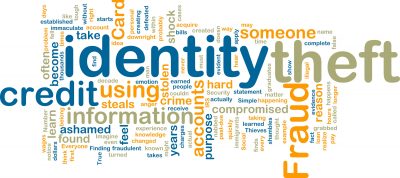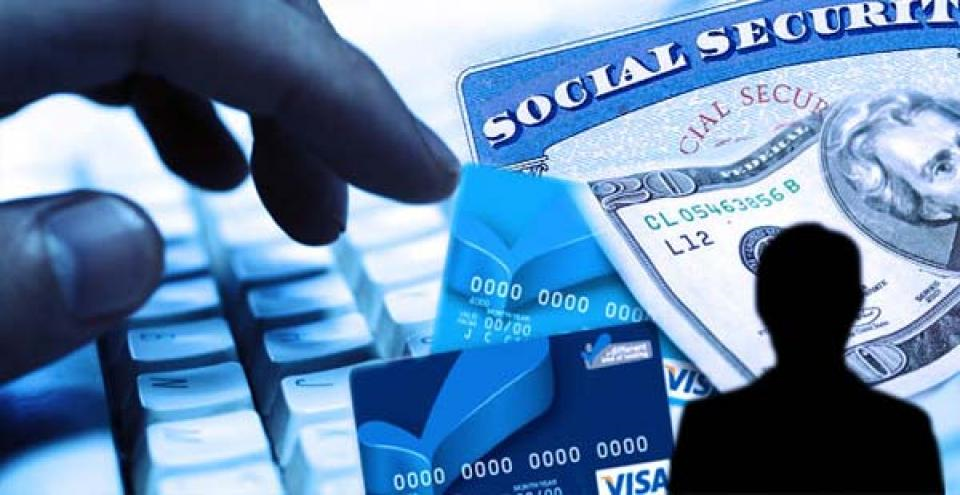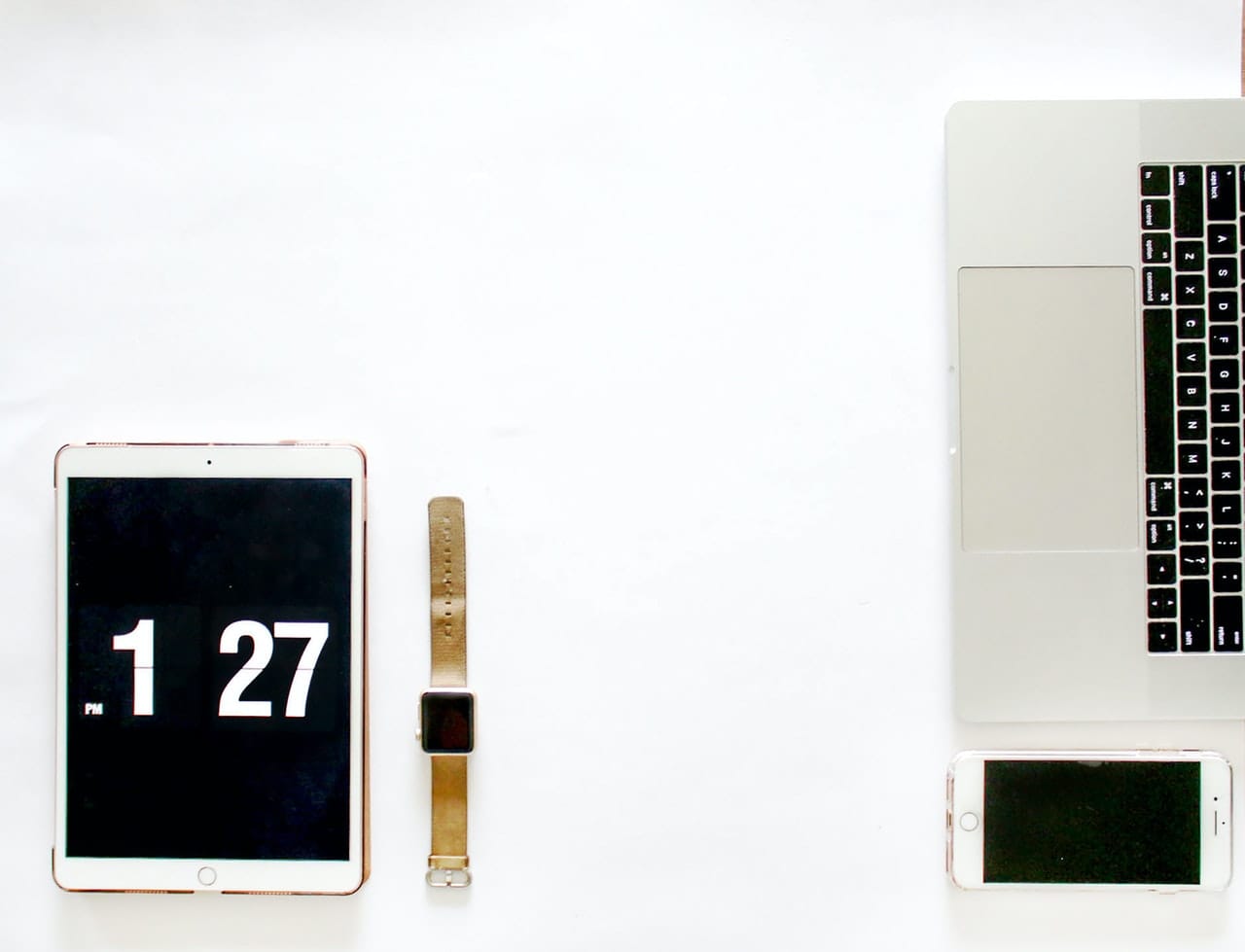‘Imitation is the sincerest form of flattery that mediocrity can pay to greatness,’ in the words of revolutionary poet and playwright Oscar Wilde— that is, unless you’re literally being impersonated and then it’s not so great. Whether you yourself have been a victim, or know someone who has, identity theft is no laughing matter. It can leave you feeling helpless and vulnerable, a victim to the villainous vices of hackers and scam artists. If you have ever had something dear stolen from you, you’re familiar with the gut wrenching feeling. Now imagine having your identity— essentially everything that you stand for— in the crooked hands of a complete stranger. You’re robbed of more than your assets, but your entire livelihood.
According to the National Crime Victimization Survey (NCVS), identity theft is comprised of three general types of incidents:
- unauthorized use or attempted use of personal information to open a new account
- misuse of personal information for a fraudulent purpose.
- unauthorized use or attempted use of an existing account
An epoch of technological advancement and information, the twenty-first century puts the average individual more at risk for such incidents. Hackers are becoming more experienced and the extensive amount of information accessible is dangerous. Both a blessing and a curse, we live in an era of information, which ultimately makes us more susceptible to experiencing identity theft at some point in our lives. Protect yourself with these five preventative measures you can easily implement into your everyday routine.
[caption id=“attachment_7868” align=“alignnone” width=“699”] (c) Can Stock Photo Inc. / kgtoh[/caption]
(c) Can Stock Photo Inc. / kgtoh[/caption]
Actively Monitor Credit Card Statements and Bank Accounts Regularly check up on your statements for signs of irregular activity. Practice being proactive by getting in the habit of habitually watching over your statements. Experian Interactive allows consumers quick and easy access to their credit reports, scores, and monitoring.
Shred Personal Documents Identity thieves often search through dumpsters for valuable, personal information that can potentially give them access to documents and passwords.
Choose your passwords wisely The Identity Theft Resource Center (ITRC) recommends crafting passwords that contain at least eight characters using a combination of uppercase letters and lowercase letters, numbers, and special characters. Refrain from using passwords that contain a name, slang word, or any word in the dictionary, as there are computer programs that can run through entire dictionaries looking for your password.
Subscribe to an Identity Theft Protective service Services such as ProtectmyID, a leading, full-service provider of identity theft detection, protection and fraud resolution solutions, help shield customers from identity theft and financial loss as a result of these crimes. ProtectMyID is part of the world’s largest credit bureau, Experian Interactive and works with internet scanning, daily detection, and address safeguarding to ensure you are feeling safer than ever.
Be aware of “phishing” and Wi-Fi Hotspots Phishing is the activity of creating a fake website with the intent of fooling online account holder of financial information, on the pretense of posing as a legitimate service. Cyber criminals are deceptively working to lure in consumers to obtain sensitive information such as usernames, passwords, and credit card details through online shops and gaming sites. Also protect yourself and your identity by being aware of disingenuous Wi-Fi hotspots that appear to belong to a hotel or airport. By looking for the SSID (Service Set Identification) and matching the name of the hotspot with the official name you are given by the establishment, you can protect your information.
We have all heard the cautionary tales. While it may seem that no one is safe, you do not have to live your life in fear. By taking precautionary measures and making yourself familiar with theft, you can detect fraud early on or prevent it from taking over your life in the first place.










